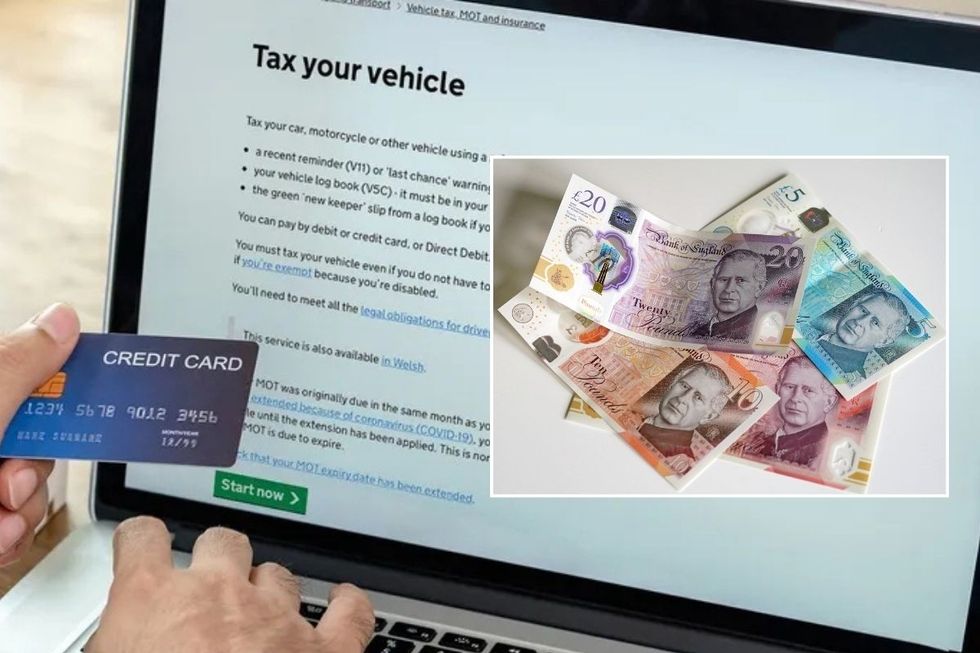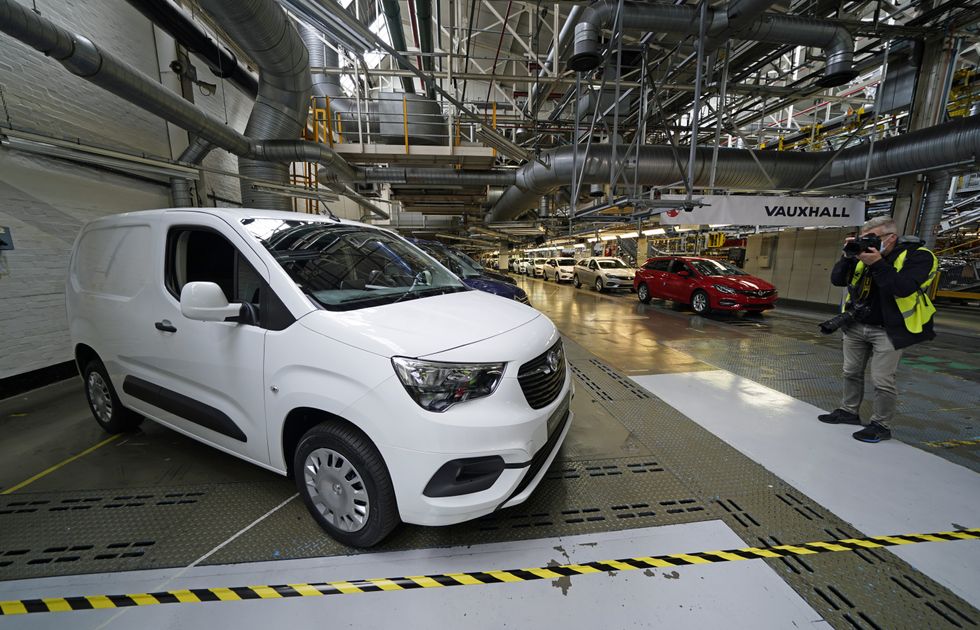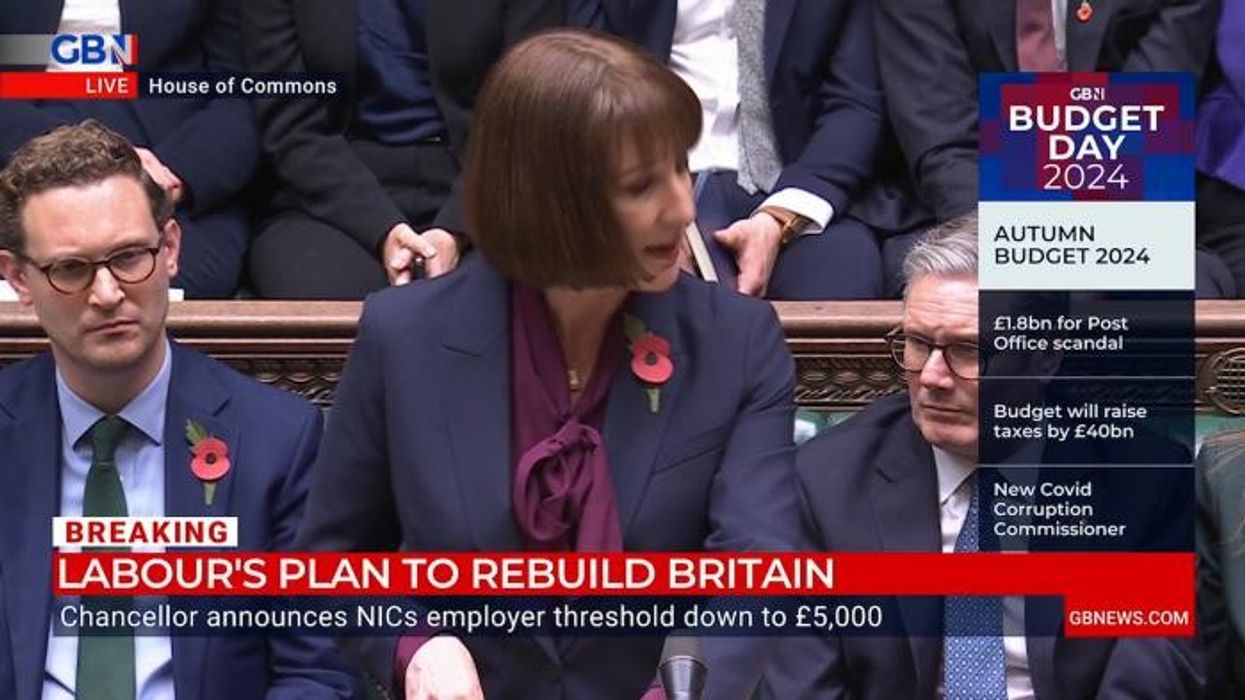British drivers issued urgent warning of 'big hit' from huge £1,732 car tax hike within months

Experts reassured drivers that measures can be taken to mitigate the impact of the car tax changes
Don't Miss
Most Read
Latest
Drivers are being warned that they could face a massive £1,732 tax increase within months as experts call on motorists to look at options to lessen the impact of the new charges.
New research has found that people who buy a new van after April will spend an average of £1,732 extra on Vehicle Excise Duty (VED).
In total, van drivers will pay an additional £15.5million over the first six months of the new tax year, if similar sales patterns from 2024 continue in the new year.
It comes after Chancellor Rachel Reeves announced a massive hike in the rate of VED first year rates - or "showroom tax" - in the Autumn Budget last October.
Do you have a story you'd like to share? Get in touch by emailing motoring@gbnews.uk

Drivers face a huge car tax hike in April if they buy a new vehicle
|X/PA
As part of the new rules, zero emission cars will pay just £10 until 2029-30, rates for cars emitting between one and 50g of CO2 per kilometre, including hybrids, will increase to £110.
All other rates for cars emitting 76 g/km of CO2 and above will double from their current level for 2025-26 up to a maximum cost of £5,490 for the most polluting vehicles.
Data from Go.Compare found that diesel vehicles will result in the highest rate hikes given the larger output of harmful CO2 emissions.
Buyers of the most polluting new diesel vans after April 1 will see a sharp increase of £1,807 in the first half of the 2025/26 financial year.
In total, new diesel van owners will spend an extra £14.2million in tax during between April and September. Around £1.2million will come from new petrol vans, with the average driver paying around £1,354 more.
Tom Banks, motoring expert at Go.Compare, said: "The increased VED rates will result in a big hit if you buy a brand-new van later this year, but there are things you can do to absorb the blow.
"The tax rates are based on CO2 emissions, so if you’re able to, this is a good time to switch to a van using cleaner fuels in the cheaper tax bands."
Banks suggested that drivers who are not yet ready to switch to a hybrid or electric model could opt for a "nearly new" model to help cut their costs and avoid the hike in first year rates.
People buying a new hybrid electric model will pay an average of £252 extra, while those with new electric vans will pay just £10 more than the year prior.
Banks added: "This lets you enjoy a vehicle that’s pretty much as good as new without breaking the bank, and means you can dodge the increased tax.
"Failing this, see if there are any other ways you can reduce your motoring spending to counteract the higher tax.
"Comparing van insurance policies might help you find a provider offering the same amount of protection for less, and finding new ways to maximise your fuel economy could help to cut costs further."
LATEST DEVELOPMENTS:
- Stellantis meets electric car targets despite blaming Vauxhall's Luton factory closure on ZEV mandate
- Rachel Reeves car tax hikes reaffirm fears Labour is no longer ‘working man's party’ as millions face cost rises
- Driver fury over five-minute parking loophole which sees thousands slapped with unfair charges

Electric vans are slowly becoming more popular across the UK
| PANew data from the Society of Motor Manufacturers and Traders (SMMT) found that 20,509 small electric vans were sold in 2024 - a 1.3 per cent jump compared to 2023.
In comparison, more than 320,000 new diesel vans were registered over the last 12 months, a significant 2.5 rise compared to 2023.











